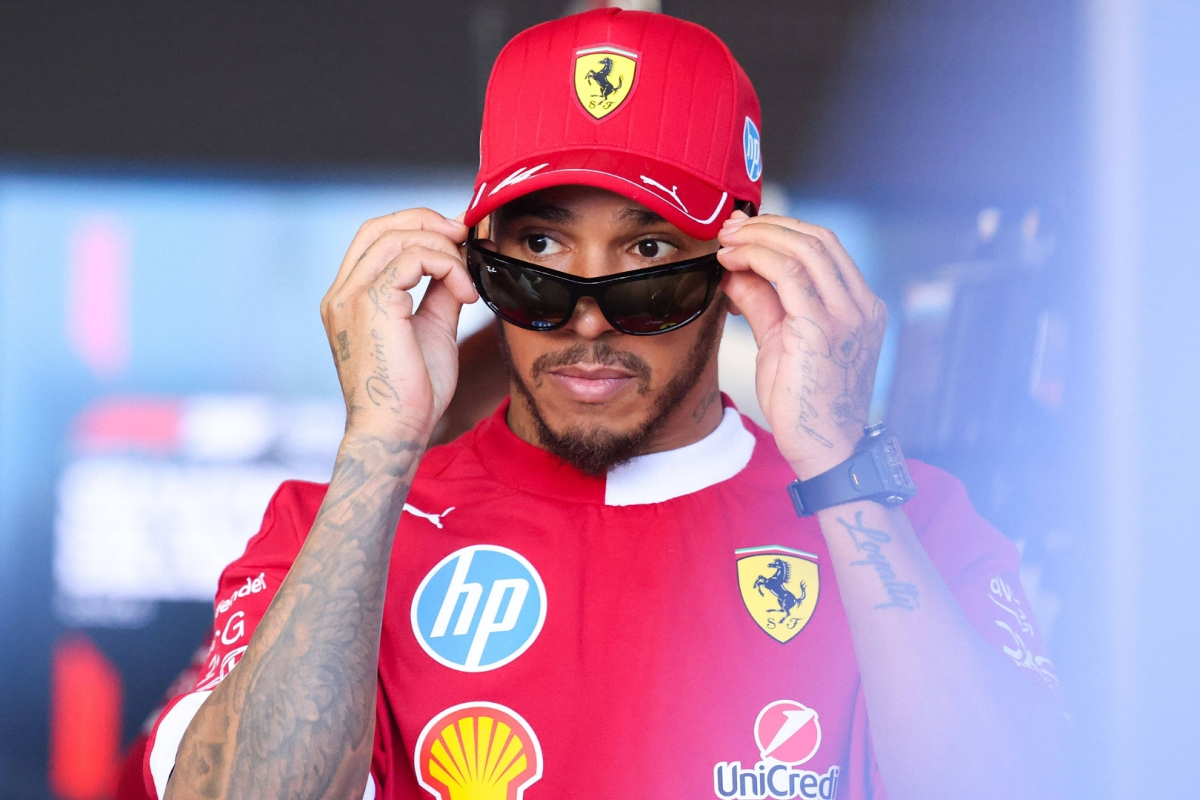Lewis Hamilton issues damning Ferrari verdict after ‘t…read more
Lewis Hamilton delivered a scathing assessment of his own performance after what he described as a “terrible” Spanish Grand Prix, in which he salvaged only a sixth-place finish for Ferrari, despite having out-qualified teammate Charles Leclerc on Saturday—a rare occurrence in his young Ferrari career. The weekend began promisingly when Hamilton edged Leclerc in qualifying for only the second time since joining the Scuderia, but any momentum was extinguished at the start of Sunday’s race, when Ferrari imposed team orders that left Hamilton trailing his teammate, who immediately demonstrated the superior pace that Hamilton had hoped to possess. Leclerc went on to run within the top three for much of the race, ultimately joining McLaren’s Oscar Piastri and Lando Norris on the podium following a late safety car, while Hamilton, who had initially fallen back to seventh after being overtaken by Nico Hülkenberg’s Sauber in the closing laps, was only elevated to sixth when Max Verstappen received a ten-second penalty. In the post-race media pen, Sky Sports F1’s Rachel Brookes asked Hamilton to explain his subdued demeanour after he simply declared, “Just not a great day. Strategy was good, team did a great job, just that’s it,” before conceding, “I’ve had a really bad day and have nothing to say.” When pressed further, the 40-year-old seven-time world champion offered no excuses: “It was a difficult day, there’s nothing else to add to it. It was terrible, there’s no point explaining it. It’s not your fault. I just don’t know what to say.” And when Brookes suggested that Ferrari might find solutions to their pace deficit in the weeks ahead, Hamilton snapped back with disbelief at his own shortcomings: “I’m sure they won’t, it’s probably just me.” This frank self-criticism underscores the tumultuous start Hamilton has endured at Maranello. After an encouraging performance at Imola, where he rose from an eleventh-place grid position to finish fourth—his best result of the season—Hamilton has slipped back into a string of disappointing outcomes, including a fifth-place finish at Monaco where he trailed Leclerc by more than fifty seconds. The Barcelona setback only compounds his frustration, and the seven-time champion now finds himself languishing in sixth place in the drivers’ standings, tied on points with the Mercedes entry of Kimi Antonelli but still a substantial twenty-three points adrift of Leclerc. When Ferrari signed Hamilton, the objective was clear: to revive the team’s fortunes and deliver their first world championship of any kind since 2008. Instead, Hamilton’s struggles to adapt to the car and extract its potential have raised eyebrows both within the team and among fans who expected the veteran to immediately rediscover the form that brought him six consecutive titles with Mercedes. Ferrari, which has endured a winless drought since 2023, was counting on Hamilton’s experience and racecraft to help close the gap to dominant teams like Red Bull, but after fourteen races this season, that gap appears to be widening rather than narrowing. With Hamilton’s confidence evidently shaken, questions abound about whether Ferrari’s engineers can diagnose and correct the root issues—be they setup, strategy, or driver confidence—or whether Hamilton himself will be able to rekindle the competitive edge that has made him one of the greatest drivers in Formula 1 history. As the championship moves on to its next rounds, Hamilton and Ferrari must find answers quickly: Leclerc’s form suggests that Ferrari’s package can contend for victories, but Hamilton’s failure to convert promising weekends into podiums or points hauls presents a growing concern. At 40 years old, Hamilton remains as hungry as ever for success, yet his belligerent demeanour in Barcelona betrays a deeper unease about his future prospects at a team that has not tasted championship glory in almost two decades. If Ferrari aspires to return to the pinnacle of the sport, the onus now falls on both driver and outfit to arrest this downward spiral—or risk allowing their seven-time champion’s twilight years to slip away in frustration rather than triumph.




